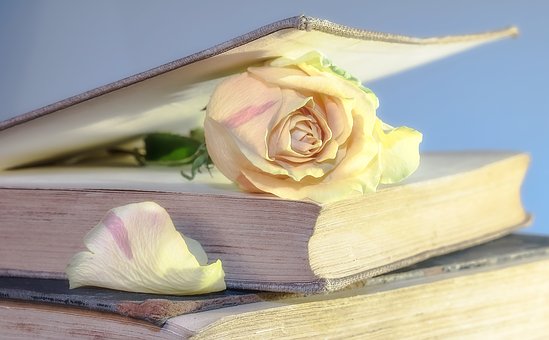Latin Name Dictamus origanoides
Gender Feminine
Parts Used Whole
Dieties Venus, Aphrodite
Magickal Uses The locals of Crete [the only known place of growth] call it “eronda” meaning “love”, and may be worn or carried to attract romantic relations. It may be served in wine or food to secure a last relationship, when fed to a romantic interest. It’s symbolism is “birth” and should be worn or carried by any expecting mother. May also be used in rituals asking for change or regernation. A small rock garden with one of these plants, will protect them home from all evils and ills.
Tag: Aphrodite
Hestia HE est tuh
The Goddess of Home and Hearth
Hestia is one of the Olympians and is primarily known as the Goddess of the Hearth, i.e. the protector of home and family. She is the goddess of humble domestic joy. She is also one of only three Olympians who are immune to the spells of the goddess of Love, Aphrodite… the other two are Athene (Athena) and Artemis. She has never wed but she protects orphans and missing children and chooses to spend her time, not on Mount Olympos (Olympus), but on earth with the mortals she loves and protects.
Eos (the Dawn) E os
Goddess of the Dawn
The beautiful goddess of the dawn, Eos (Erigeneia). In the Homeric Hymn to Helios, we are told that Hyperion married his sister, Eryphaesa, and begot tireless Helios (the Sun), rosy Eos (the Dawn) and fair tressed Selene (the Moon). In the Hymn to Aphrodite, Aphrodite falls in love with a beautiful mortal, Anchises, soon to be the father of Aineias (Aeneas). Aphrodite tells the story of Eos and her abducted lover Tithonos. When Eos went to Zeus to request immortality for her mortal lover, Zeus nodded and made it so… however, Eos did not ask for perpetual youth for Tithonos. As the years passed, he aged and, finally, lost all strength in his limbs. Eos, with love and pity, put him in a private room and shut the shining doors. We can only assume that he is still there.
Dione dee oh NEE
The Mother of Aphrodite
Dione is one of the more mysterious Greek goddesses. Some believe that she is the personification of a more ancient Mother Goddess (Goddess of the Oak, from Asia Minor) and that the Greeks simply adopted her into their pantheon.
APHRODITE (foam-born)
ORIGIN Greek and Cypriot. Goddess of sexual love.
KNOWN PERIOD OF WORSHIP identified from circa 1300 BC (evolving from an earlier prehistoric Asiatic model), until Christianization (circa AD 400) and later.
SYNONYMS equating with IS ˇ TAR (Akkadian); ASTARTE (Syrian); AS ˇTORETH (Phoenician); Dione, Cytherea, VENUS (Roman).
The Rose – Love, Healing, Symbolism and Alchemy
by Anja Heij
When someone gives you red roses you know what it means: Love. Some say it means love and respect, but most of the times it means love and desire. The rose, this wondrous Lady of Flowers, is attributed to femininity. The red rose belongs with Aphrodite, the Greek goddess of love and lust. The white rose symbolizes the pure, innocent and unselfish love of Mother Mary. It is whispered that the rose is a symbol for the garden of Eros, the female flower, her genitalia.
Continue reading “The Rose – Love, Healing, Symbolism and Alchemy”






